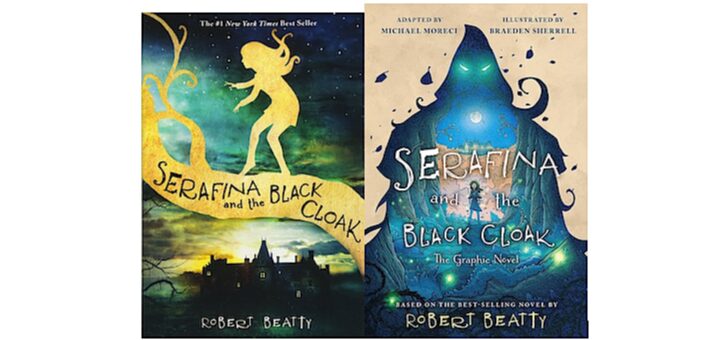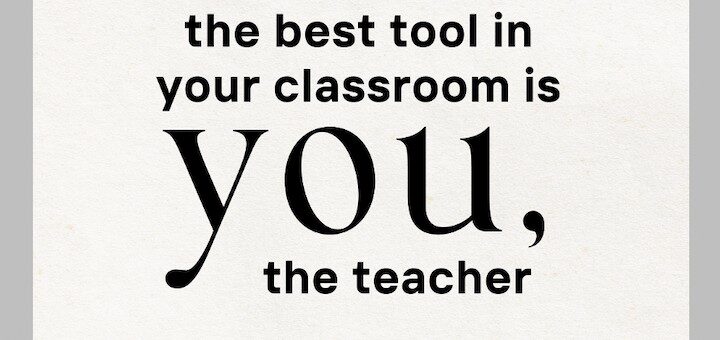5 Tips to Welcome and Engage Our Newcomers
Writing from her background in working with students who were born outside of the U.S and are new to the country, the language, the culture, and the school system, Dr. Stephanie Dewing shares five tips to engage these newcomers. Included: assets-based language development.
























